Why you can trust Sunlight Media
- Expertise and Experience:Our content is crafted by seasoned professionals with extensive experience in digital marketing, ensuring you receive accurate and actionable advice.
- Unbiased Information:We provide impartial insights and recommendations based solely on what's best for your business, without any hidden agendas or promotions.
- Thorough Research:Our articles are backed by comprehensive research and the latest industry trends, ensuring you stay informed with reliable and up-to-date information.
- Transparency and Honesty:We believe in complete transparency. We disclose our sources, methodologies, and any potential conflicts of interest, so you can trust the integrity of our content.
- Continuous Improvement:We constantly review and update our content to reflect the latest developments in digital marketing, so you always have access to the most current and relevant information.

SEO optimization is essential for increasing your online visibility and attracting organic traffic. By understanding how search engines work and implementing an effective SEO strategy, businesses can improve search engine rankings, drive targeted traffic, and grow their digital presence.
This guide covers key concepts like keyword research, on-page SEO, technical SEO, and link building to help you achieve SEO success and dominate search engine results pages (SERPs).
Understanding How Search Engines Work

Search engines like Google and other search engines analyze billions of web pages to deliver the most relevant results for a search query. Web crawlers, also known as bots or spiders, scan and index web pages by following internal links and external links. The process starts with crawling, where search engines gather data from web pages, followed by indexing, which organizes the content into massive databases. Indexed pages are then ranked on search engine results pages (SERPs) based on various ranking factors like content relevance, page speed, and user experience.
To achieve better search engine rankings, understanding how search engines work is crucial. Search algorithms evaluate factors such as keyword usage, site structure, and on-page optimization to determine a page’s relevance to a user’s search intent. Factors like meta titles, title tags, and content quality help search engines understand the context of a particular page. By optimizing your web pages for these factors, businesses can improve online visibility, attract organic search traffic, and gain higher positions in search results.
How Search Engines Index and Rank Pages
Search engines index pages by using web crawlers to discover and analyze content. These crawlers follow links from other websites, scan the content, and store it in an index—a vast database of all known web pages. During indexing, search engines process key elements like page titles, meta descriptions, and content to determine what the page is about. Proper on-page optimization, including clear URL structure, internal links, and relevant keywords, helps ensure your pages are accurately indexed.
Once indexed, search engines rank pages based on ranking factors to determine their position in search engine results. Google’s algorithms consider factors such as keyword relevance, page speed, core web vitals, and the quality of internal and external links. Pages with well-optimized content, technical SEO improvements, and strong user intent alignment are more likely to rank higher in search engine results pages (SERPs). Understanding these processes allows businesses to implement an effective SEO strategy for better search engine performance.
The Importance of Keyword Research in SEO

Keyword research is the foundation of any successful SEO strategy. It helps identify the search queries your target audience uses to find products, services, or information. By focusing on relevant keywords, businesses can create content that matches user intent and improves search engine results. Effective keyword research ensures your web pages align with what users are actively searching for, increasing the chances of attracting organic search traffic.
Using keyword research tools like Google Keyword Planner helps identify target keywords, related keywords, and search volume data. By analyzing these insights, you can prioritize terms that offer the best balance between search demand and competition. Incorporating these keywords into your content, meta titles, and URL structure helps search engines understand your pages, improving rankings and online visibility. Proper keyword research not only drives traffic but also supports SEO success by connecting businesses with the right audience.
Best Keyword Research Tools for Effective SEO
Using the right keyword research tools is essential for building a strong SEO strategy. These tools help identify target keywords, search volumes, competition levels, and related keywords that improve content relevance and performance. Google Keyword Planner is one of the most widely used tools, providing insights into search queries, search trends, and potential keyword opportunities. By analyzing this data, businesses can optimize their web pages to align with user intent and drive organic search traffic.
Other effective tools include Ahrefs, SEMrush, and Ubersuggest, which offer in-depth keyword analysis, competitor research, and search engine rankings tracking. These tools not only uncover primary target keywords but also suggest long-tail and related keywords that align with user search behavior. Leveraging keyword research tools ensures your content targets high-value search terms, helps search engines understand your pages, and increases visibility in search engine results pages (SERPs).
On-Page SEO: Optimizing Individual Web Pages

On-page SEO focuses on optimizing the elements of a web page to improve its relevance and visibility in search engine results. This process involves optimizing content, HTML elements, and site architecture to help search engines understand the page better. Key areas of on-page SEO include incorporating relevant keywords into the content naturally, improving readability, and ensuring the content matches user intent. Proper use of target keywords helps web crawlers index the page correctly and improves search engine rankings.
In addition to content optimization, on-page SEO includes refining HTML elements like meta descriptions, title tags, and header tags. A well-crafted meta description encourages users to click through from search engine results pages, boosting organic traffic. Optimizing page speed, enhancing URL structure, and adding internal links further support SEO performance. By focusing on these factors, businesses can improve user experience, align content with search queries, and strengthen their presence in search engines.
Title Tags, Meta Descriptions, and Content Optimization
Title tags, meta descriptions, and content optimization are essential components of on-page SEO that help search engines and users understand your web pages. Title tags define the page title that appears in search engine results and should include relevant keywords to improve visibility. A clear, concise, and keyword-rich title tag increases the likelihood of higher rankings and better click-through rates (CTR).
Meta descriptions provide a brief summary of the page content beneath the title tag in search results. Although they don’t directly impact rankings, well-written meta descriptions with related keywords can improve CTR by attracting user interest. Content optimization involves creating high-quality, relevant content that targets specific keywords while providing value to the audience. Including keywords naturally, adding header tags, and improving readability ensure that both search engines and internet users engage with your page effectively, leading to stronger SEO performance.
Technical SEO: Improving Site Performance

Technical SEO focuses on optimizing the backend elements of a website to ensure search engines can crawl, index, and rank your pages effectively. It involves improving site performance, such as page speed, mobile-friendliness, and overall site structure. Fast-loading pages are crucial for user experience and core web vitals, as search engines prioritize speed as a ranking factor. Optimizing images, minimizing code, and enabling browser caching are practical ways to enhance page speed.
Another key aspect of technical SEO is ensuring a clean and logical site structure, which helps search engines understand and navigate your content. Proper URL structure, use of XML sitemaps, and fixing broken internal links ensure web crawlers can index pages efficiently. Additionally, optimizing for mobile devices and improving accessibility with features like screen readers make websites user-friendly for all audiences. By addressing technical SEO issues, businesses can improve search engine rankings and provide a seamless user experience that drives organic search traffic.
Enhancing Page Speed and Core Web Vitals
Enhancing page speed and core web vitals is critical for both user experience and search engine rankings. Core web vitals measure key aspects of page performance, including Largest Contentful Paint (LCP), First Input Delay (FID), and Cumulative Layout Shift (CLS). LCP assesses how quickly the main content loads, FID measures responsiveness to user interactions, and CLS evaluates visual stability during loading. These factors directly impact search engine results as Google prioritizes fast, user-friendly web pages.
To improve page speed, focus on optimizing images, compressing files, and reducing unnecessary code. Implementing browser caching, enabling content delivery networks (CDNs), and using tools like Google Search Console to identify performance issues can further enhance page load times. Addressing core web vitals not only boosts SEO performance but also ensures a smoother user experience, leading to lower bounce rates and improved organic search traffic.
Building a Strong Site Structure for SEO Success

Building a strong site structure is essential for SEO success as it helps search engines and users navigate your website efficiently. A well-organized site structure ensures that web crawlers can discover and index your content easily, improving your visibility in search engine results pages (SERPs). Logical navigation with clear categories, subcategories, and internal links allows users to find relevant information quickly while helping search engines understand the relationships between pages.
Key elements of a strong site structure include an intuitive URL structure, consistent navigation menus, and strategic use of internal links. Clean URLs with relevant keywords provide clarity to both users and search engines. Implementing internal links guides visitors to other important web pages and spreads link equity across your site, boosting SEO performance. A solid site structure not only improves rankings but also enhances user experience, driving more organic search traffic and increasing engagement with your content.
How URL Structure Helps Search Engines Understand Your Content
A clear and logical URL structure helps search engines understand your content and improves your site’s visibility in search engine results. URLs act as a guide for search engines and users, providing context about a page’s content. By including relevant keywords in the URL, you signal the topic of the page, making it easier for search engines to index and rank it appropriately. For example, a clean URL like example.com/seo-tools clearly indicates the page’s focus, enhancing its relevance for search queries.
Well-structured URLs are user-friendly and improve navigation, which contributes to a better user experience. Avoid long, complex URLs with unnecessary parameters, as they can confuse both users and search engines. Consistent and readable URLs support a strong site structure and internal linking strategy, making it easier for web crawlers to discover and connect related content. Optimizing URL structure is a simple yet effective way to improve SEO performance and ensure your content is accurately indexed.
Off-Page SEO: Boosting Authority Through Link Building
Off-page SEO focuses on activities outside your website to boost its authority and credibility in the eyes of search engines. Link building is a key strategy that involves acquiring high-quality backlinks from other websites. Search engines view backlinks as votes of confidence, signaling that your content is valuable and trustworthy. The more authoritative and relevant the linking site, the greater the impact on your search engine rankings.
Effective link-building strategies include creating shareable content, guest posting on reputable websites, and reaching out for collaborations. Internal links can also support your off-page efforts by guiding users to important pages on your site, enhancing engagement. Additionally, monitoring backlinks with SEO tools ensures you gain high-quality links while avoiding harmful ones. By prioritizing link building, businesses can improve their authority, increase organic search traffic, and achieve better positions in search engine results pages (SERPs).
The Role of Internal Links and External Backlinks
Internal links and external backlinks play a vital role in improving SEO performance and user experience. Internal links connect different pages within your website, guiding users to relevant content and helping search engines understand the site’s structure. These links distribute authority across pages, ensuring that key content receives more visibility. By linking to related pages, you encourage visitors to stay longer on your site, reducing bounce rates and improving engagement.
External backlinks, on the other hand, come from other websites and serve as endorsements for your content. High-quality backlinks from authoritative sites signal trust and relevance to search engines, boosting your rankings in search results. Earning these links can be achieved through content creation, guest posting, and outreach. Balancing both internal links and external backlinks strengthens your SEO strategy, increases organic search traffic, and improves your site’s overall authority.
Measuring SEO Performance with Analytics Tools

Measuring SEO performance with analytics tools is essential for understanding how your strategies impact search engine results and user behavior. Tools like Google Analytics provide insights into organic traffic, user engagement, and conversions, helping you evaluate the effectiveness of your SEO efforts. By tracking metrics such as bounce rates, average session duration, and pages per session, you can identify areas for improvement and optimize your content accordingly.
Google Search Console complements these insights by offering data on indexed pages, search queries, and page performance in search results. It highlights technical issues, like crawl errors or slow page speed, that may affect your rankings. Additionally, using SEO tools like Ahrefs or SEMrush allows you to monitor keyword rankings, backlink profiles, and competitor performance. Consistent analysis of these metrics enables businesses to refine their SEO strategy, drive organic search traffic, and achieve measurable SEO success.
Using Google Analytics and Google Search Console
Google Analytics and Google Search Console are powerful tools for measuring and improving SEO performance. Google Analytics tracks user behavior on your website, offering insights into metrics like organic traffic, bounce rate, session duration, and conversions. By analyzing this data, you can identify which web pages attract the most visitors and optimize them further. It also helps measure the effectiveness of your SEO strategy by showing how users interact with your content.
Google Search Console focuses on how search engines view your website. It provides valuable data on indexed pages, search queries, and your website’s visibility in search engine results. The tool highlights technical issues, such as crawl errors, mobile usability problems, and slow page speed, which can negatively affect rankings. Combining insights from Google Analytics and Google Search Console enables businesses to identify opportunities for improvement, refine their SEO strategy, and increase organic search traffic effectively.
Targeting User Intent to Improve Search Results

Targeting user intent is crucial for improving search results and driving meaningful traffic to your website. User intent refers to the reason behind a search query—whether the user is looking for information, comparing options, or making a purchase. By understanding search intent, businesses can create content that directly aligns with what users want, increasing the chances of ranking higher in search engine results pages (SERPs).
To optimize for user intent, focus on relevant keywords that match specific types of queries: informational, navigational, commercial, or transactional. Tools like Google Keyword Planner and search engine results analysis can help identify the intent behind target keywords. Crafting content that satisfies user queries—such as blog posts for informational searches or optimized product pages for transactional intent—helps search engines recognize your page as valuable. Aligning content with user intent improves search engine performance, attracts organic search traffic, and boosts user engagement.
Why Understanding Search Queries Matters
Understanding search queries is essential for creating content that meets user needs and improves search engine rankings. Search queries represent the words or phrases users type into search engines to find information, products, or services. By analyzing these queries, businesses can identify what their target audience is looking for and optimize their content to match those specific needs. This alignment ensures that search engines recognize your pages as relevant, increasing your chances of appearing higher in search results.
Search queries also reveal user intent, helping businesses differentiate between informational, commercial, or transactional searches. For example, a query like “best SEO tools” indicates a comparison-based intent, while “buy SEO software” reflects a transactional intent. Incorporating target keywords and related keywords into your content ensures it satisfies these intents. By understanding search queries, you can improve content relevance, attract organic search traffic, and provide value that keeps users engaged with your website.
The Role of Content Marketing in SEO Strategy
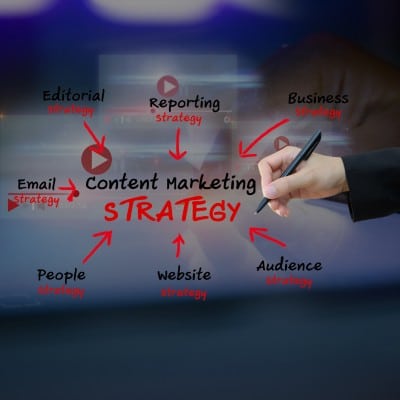
Content marketing plays a critical role in any effective SEO strategy by providing valuable, relevant content that attracts and engages users. High-quality content optimized with target keywords helps search engines understand the topic of a page, improving visibility in search engine results. Whether through blog posts, landing pages, or videos, content marketing addresses user queries, aligns with search intent, and drives organic traffic to your website.
Consistent content creation also builds authority and trust, encouraging other websites to link back to your content, which improves your off-page SEO. By incorporating internal links, you guide users to related pages and enhance site structure. Tools like Google Analytics help measure content performance by tracking engagement, traffic sources, and conversions. When executed properly, content marketing not only boosts search engine rankings but also establishes your business as a credible resource in your industry, leading to long-term SEO success.
Creating Blog Posts That Drive Organic Traffic
Creating blog posts that drive organic traffic requires a focus on valuable, user-focused content optimized for search engines. Start by conducting keyword research to identify target keywords and related keywords that match user search queries. Incorporating these keywords naturally into the page title, headings, meta description, and body content helps search engines understand the relevance of your blog post. Aligning content with user intent—whether informational, commercial, or transactional—ensures it meets audience needs and improves search engine results.
To further enhance performance, structure blog posts with clear headings, short paragraphs, and internal links to related pages on your website. Adding visuals, like images or videos, increases user engagement and time spent on the page. Regularly updating content to keep it relevant and accurate signals value to search engines, improving rankings over time. Well-optimized blog posts not only attract organic search traffic but also position your website as an authoritative source in your niche.
Local SEO: Reaching Your Target Audience Locally
Local SEO focuses on optimizing your online presence to reach a target audience within specific geographic areas. By improving visibility in local search results, businesses can attract customers searching for nearby products or services. Optimizing for local SEO includes setting up and optimizing a Google Business Profile, which helps your business appear in Google’s local pack, maps, and search engine results pages (SERPs). Accurate business information, such as name, address, and phone number (NAP), ensures customers can find and contact you easily.
Local SEO also involves incorporating location-specific keywords into your content, meta titles, and URLs. Encouraging customer reviews on Google and other sites boosts credibility and signals trust to search engines. Building local citations on directories and using internal links to highlight location-based pages further strengthen local visibility. By focusing on local SEO, businesses improve online visibility, attract organic search traffic, and connect directly with nearby customers searching for their services.
Roman Kotzsch, CEO at Milengo, emphasizes the critical role of localization in enhancing local SEO strategies:
Localization is a cornerstone of effective local SEO. This goes beyond just incorporating location-specific keywords—it’s about tailoring your content and messaging to resonate with the cultural and linguistic nuances of your target audience. At Milengo, we’ve seen how businesses that invest in localization build stronger connections with their local customers. Accurate translations, culturally relevant content, and a focus on locally used keywords ensure that businesses not only rank higher in local search results but also provide a more engaging and relatable experience for their audience. By combining localization with local SEO efforts, businesses can truly optimize their visibility and impact within specific markets
Optimizing Your Business for Google’s Search Results
Optimizing your business for Google’s search results is essential for improving local visibility and attracting potential customers. Start by creating and optimizing a Google Business Profile with accurate business details, including your name, address, phone number (NAP), business hours, and categories. Adding high-quality images, service descriptions, and location-specific keywords helps Google understand your business and display it in local search results and Google Maps.
Encourage satisfied customers to leave positive reviews on your Google profile, as reviews build trust and influence search engine rankings. Additionally, optimize your website with location-specific keywords in your meta titles, meta descriptions, and content to align with local search queries. Ensure your business information is consistent across online directories and other websites to strengthen your local SEO efforts. By focusing on these optimization strategies, you increase your chances of appearing in Google’s search results, driving organic traffic, and connecting with your local audience effectively.
Improving SEO with Paid Search and Google Ads

Improving SEO with paid search and Google Ads allows businesses to complement their organic efforts by targeting specific keywords and audiences. While SEO focuses on long-term visibility in organic search results, Google Ads provides immediate exposure through paid search placements. By bidding on target keywords, businesses can appear at the top of search engine results pages (SERPs), increasing visibility and driving targeted traffic to their web pages.
Paid search also provides valuable insights for refining your SEO strategy. By analyzing data from Google Ads campaigns, such as keyword performance, click-through rates (CTR), and user behavior, you can identify which search queries and keywords resonate most with your audience. This data can inform your organic content strategy, helping you prioritize high-converting keywords. Combining paid search with SEO ensures broader coverage in search results, driving both immediate traffic through ads and long-term growth through organic search.
When to Use Paid Search in Your SEO Strategy
Paid search is most effective when you need immediate visibility, particularly for competitive keywords or time-sensitive campaigns. While SEO delivers long-term results, paid search, such as Google Ads, provides instant exposure at the top of search engine results pages (SERPs). It’s ideal for product launches, promotions, or seasonal events where quick traffic and conversions are essential.
Paid search also complements organic SEO efforts by filling gaps where organic rankings may take longer to achieve. By analyzing paid search performance, businesses can identify high-converting keywords and user behaviors that inform their SEO strategy. Additionally, paid search is useful when targeting highly specific search queries or audiences, helping businesses drive quality traffic that aligns with their goals. Combining both paid search and SEO ensures a balanced strategy that drives both short-term gains and long-term growth.
Staying Ahead in the SEO Industry

Staying ahead in the SEO industry requires adapting to changes in search engine algorithms, user behavior, and technological advancements. Search engines, like Google, continuously update their ranking factors to improve user experience and deliver more accurate search results. To remain competitive, businesses must stay informed about trends such as core web vitals, mobile-first indexing, and advancements in artificial intelligence that influence search engine rankings.
Continuous learning and leveraging SEO tools, such as Ahrefs, SEMrush, and Google Search Console, are key to monitoring performance and identifying opportunities for improvement. Additionally, creating high-quality content, focusing on user intent, and implementing both on-page and technical SEO strategies help maintain consistent results. By keeping up with industry updates, analyzing competitors, and refining your SEO strategy, businesses can drive organic traffic, improve search engine performance, and achieve long-term online visibility.
Top SEO Tools for Optimal SEO Strategy
- Google Search Console
Google Search Console is essential for monitoring website performance, indexing status, and search queries. It identifies technical SEO issues like crawl errors, mobile usability problems, and page speed concerns, helping businesses optimize for search engine rankings. - Ahrefs
Ahrefs is a comprehensive SEO tool that helps with keyword research, backlink analysis, and competitor tracking. It provides insights into search engine rankings, content gaps, and site audits, making it easier to refine SEO strategies. - SEMrush
SEMrush offers powerful tools for keyword research, SEO audits, and performance tracking. It also includes features for competitive analysis and paid search, helping businesses identify high-performing keywords and improve their overall SEO success.
Conclusion
Implementing an effective SEO strategy is essential for improving search engine performance, driving organic traffic, and increasing online visibility. By understanding how search engines work, optimizing web pages with relevant keywords, and addressing technical SEO elements like page speed and core web vitals, businesses can achieve long-term success. Leveraging tools like Google Analytics, Google Search Console, and top SEO software ensures accurate performance tracking and continuous improvement.
Combining on-page optimization, off-page SEO, content marketing, and local SEO helps meet user intent and boosts rankings in search engine results. By staying updated with SEO trends and utilizing both organic and paid search strategies, businesses can enhance their search engine results pages (SERPs) presence and connect effectively with their target audience.

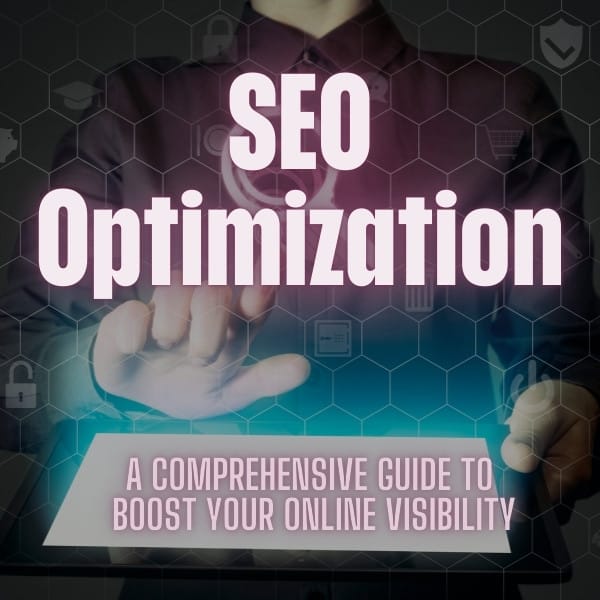


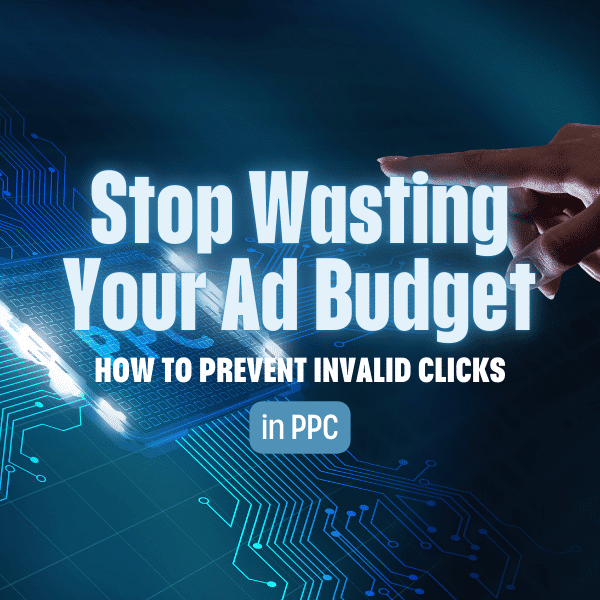

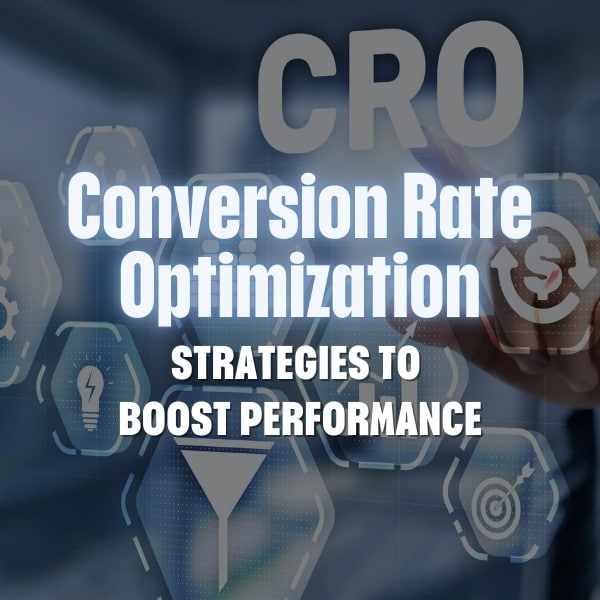
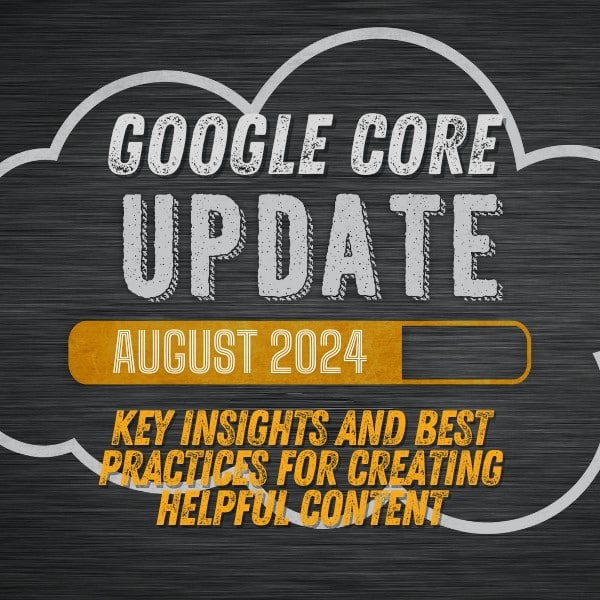
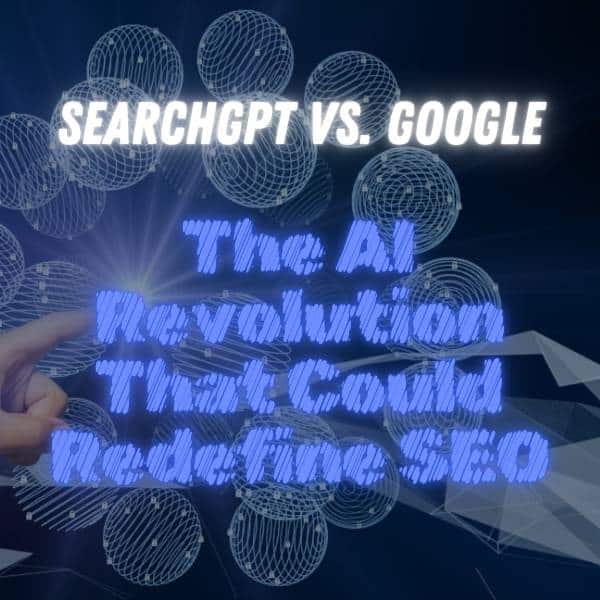

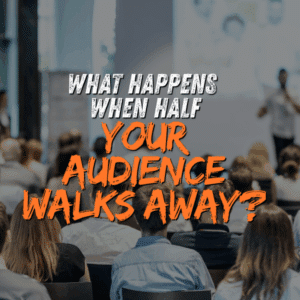


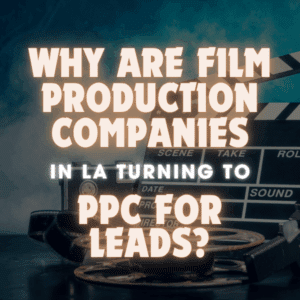
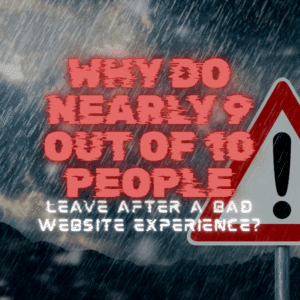

4 Comments
Awesome tips and step by step explanation on SEO trends in 2019. Schema markup is also an important factor that we need to focus on to improve SEO results.
Thanks for reading our post. Yes Schema is certainly important when it comes to SEO.
Thank you so much for sharing a great article. Keep up the great work!
Thanks!